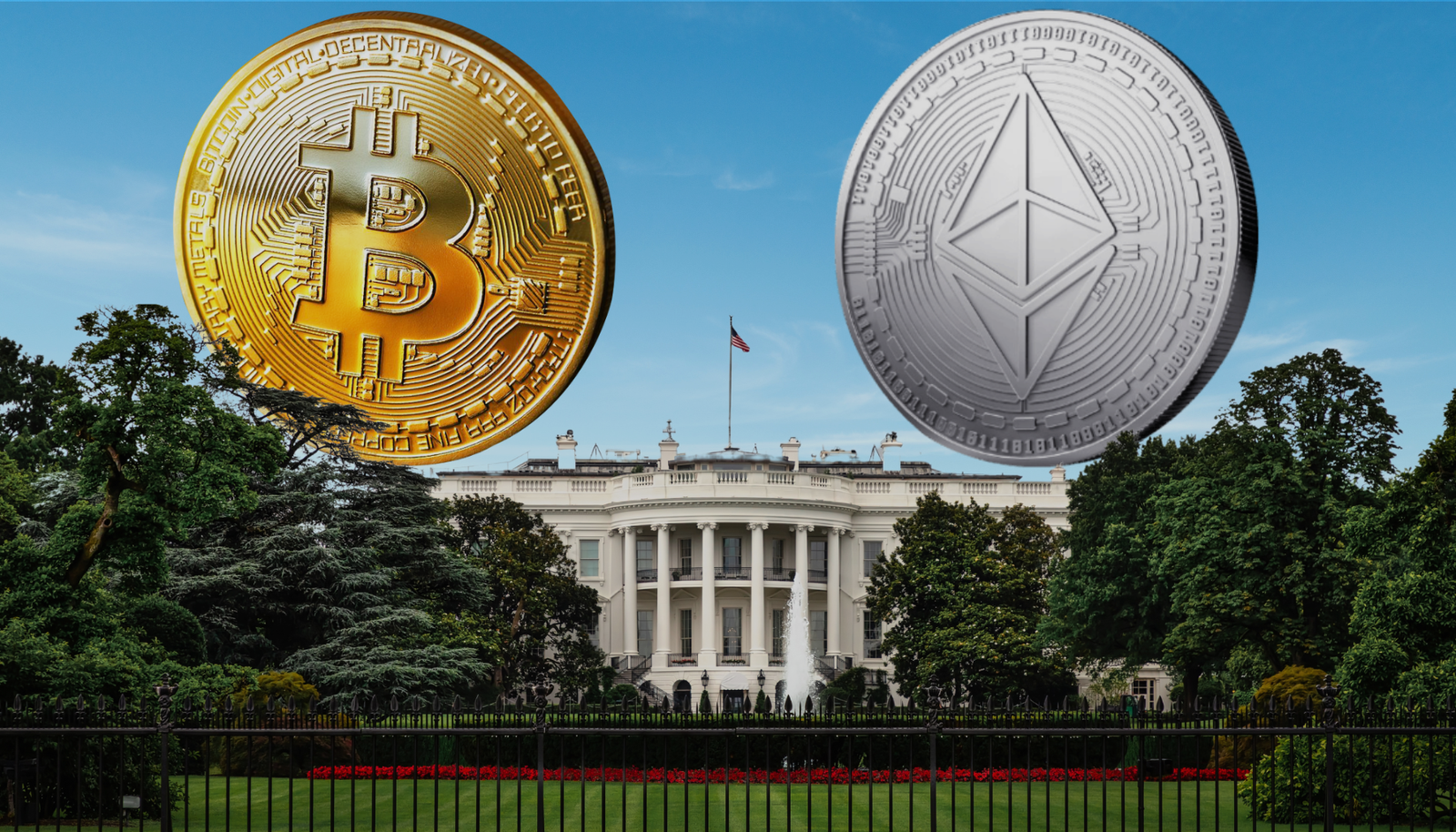
The crypto world is familiar with chaos, but this year’s U.S. presidential election threw an unexpected curveball. Donald Trump, who once derided Bitcoin as a “scam,” now seems poised to transform cryptocurrencies from fringe interest to centerpiece of economic policy. Back in 2019, Trump dismissed digital assets outright. Today, however, reports hint that he’s mulling over integrating them into his administration’s broader strategies—a shift that’s left everyone guessing. For everyone alive in this digital age, getting this whole crypto thing “right” is going to be a challenge and the stakes for crypto’s future are already high as it is.
Crypto’s evolution over the past ten years is nothing short of a roller coaster of uncertainty. Initially, it was a sandbox for dreamers, anarchists, and programmers who envisioned financial independence from banks and governments. Bitcoin, at its inception, was more an experiment than a revolution. Those early ideals matured as crypto gained traction, reshaping itself into a global system, supported by everyone from amateur enthusiasts to Wall Street investors. For many, crypto now represents something deeper: a chance to rewrite the power dynamics of wealth distribution.
What’s behind Trump’s newfound affection for crypto? Cynics suggest he’s capitalizing on its popularity for political gain. Others wonder if he genuinely understands the philosophy of decentralization. If this administration truly embraces crypto, the results could be groundbreaking—or disastrous. One executive order could spark industry-wide innovation or plunge the sector into turmoil. For a decentralized system, it’s ironic how tightly crypto’s trajectory is tied to federal policy.
Supporters of a pro-crypto administration are already buzzing with hope. Regulatory agencies like the SEC might undergo a transformation under Trump’s watch, with crypto-friendly officials replacing staunch opponents. Advocates argue that thoughtful deregulation could unlock new opportunities for growth. But critics urge caution: loosened oversight could invite fraud and financial instability. The challenge, as always, lies in finding a balance between freedom and protection.
Public trust is a cornerstone of any financial system. Without it, crypto risks alienating mainstream users who prioritize security over speculation. The early, anything-goes phase of crypto serves as a cautionary tale, marked by scams and massive losses. Regulation, while necessary, also comes with risks—overregulation could smother the innovation that gives crypto its edge. Striking the right balance will be essential if the sector hopes to grow.
Cultural shifts have also propelled crypto forward. Following the 2008 financial crisis, distrust in banks and traditional systems ran high. Crypto’s promise of autonomy and control appealed to a generation disillusioned by bailouts and inequality. Over time, it became more than just a financial tool. Blockchain it seems has turned into a movement. Privacy and sovereignty became rallying cries for users seeking an alternative to centrally controlled financial systems.
The implications are globally massive. A U.S.-led push for crypto adoption might inspire—or pressure—other countries to follow suit. Blockchain, once seen as niche tech, is now a strategic tool for everything from logistics to governance. If America positions itself as a leader in this space, it could gain an edge in the digital economy, though not without ruffling feathers abroad. Countries like China and those in the EU already have their own digital currency ambitions.
Bitcoin’s recent price surge hints at optimism, but uncertainty looms large. Can deregulation and innovation coexist without tipping into chaos? Will consumer protections fall by the wayside in pursuit of growth? Crypto aside, the answers to these questions will shape the broader economy as well.
At its heart, crypto’s story has always been about rebellion. Challenging the status quo. Even redefining power. But it faces some unique paradoxes as it edges closer to mainstream acceptance. Scaling the system requires working with governments, banks, and institutions it was meant to disrupt. Whether Trump’s administration can navigate these contradictions will determine if crypto reaches new heights or collapses under its own contradictions.
















